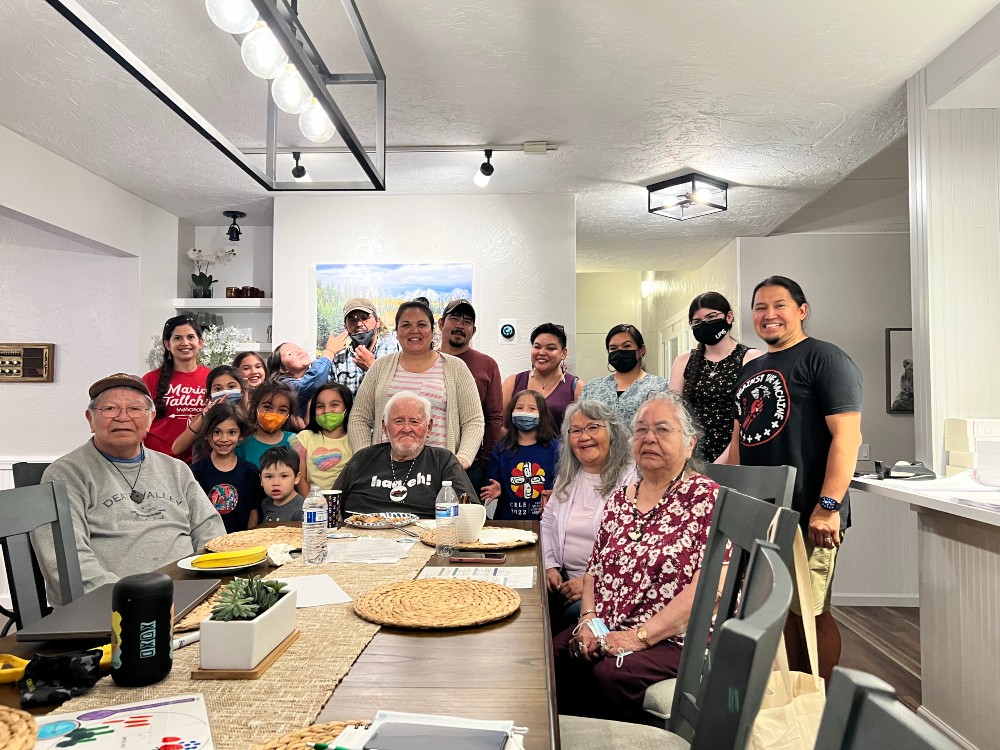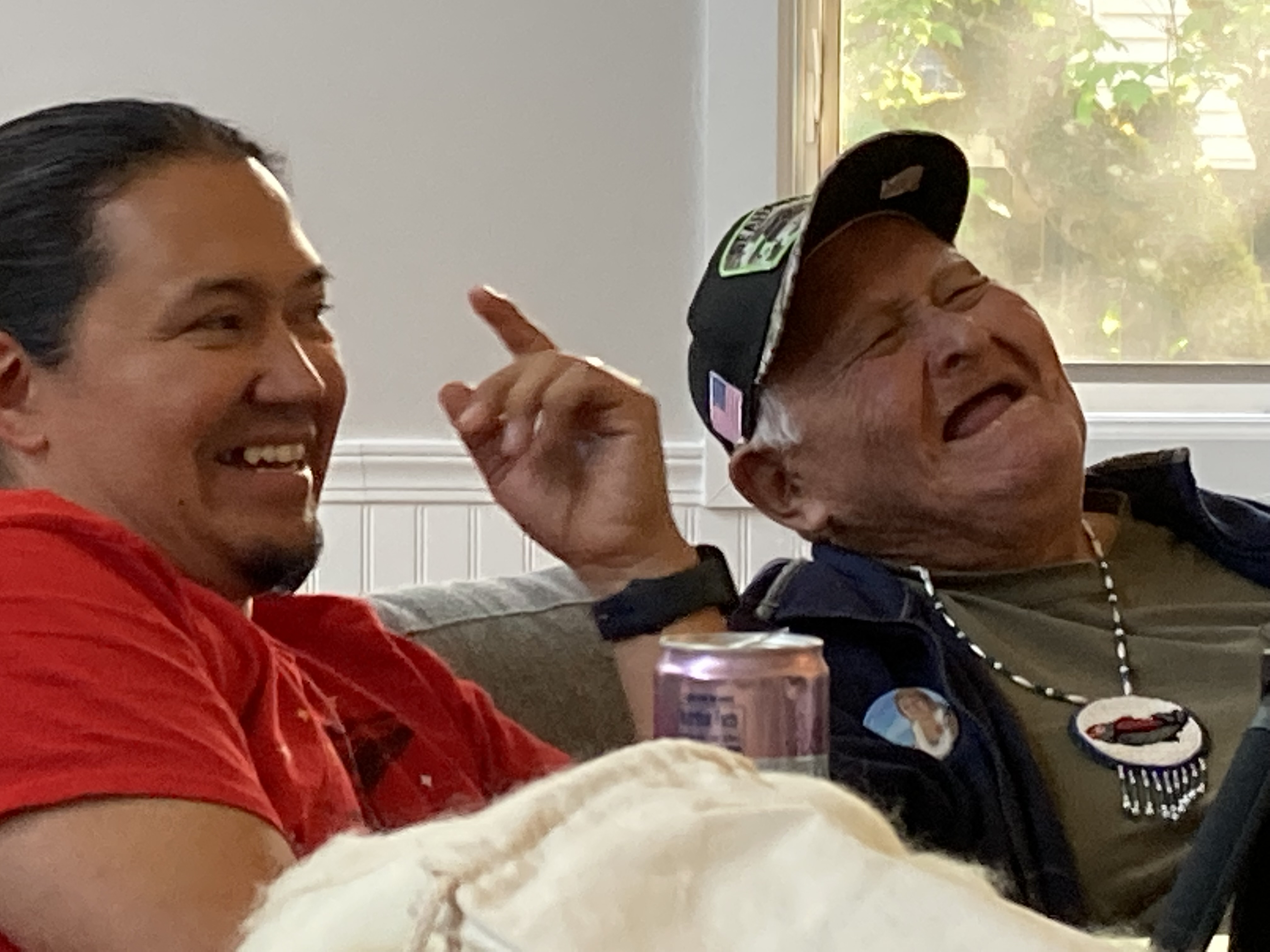
- Details
- By Andrew Kennard
The University of Alaska Southeast (UAS) announced Monday that they will offer non-credit classes in Alaska Native languages this fall with no tuition or fees required. Students can pay tuition for the classes to receive credit.
“The University of Alaska Southeast is committed to recognizing and acknowledging historical wrongs endured by Alaska Native Communities,” Carin Silkaitis, Dean of UAS’s School of Arts and Sciences, said in a statement via email. “We are making sure Indigenous people don't have to pay to learn their own language. It's so important in the work towards language revitalization and overall healing.”
The university said it will offer classes in Tlingit, Haida, and Tsimshian at beginner, intermediate and advanced levels. Students can take free classes without credit, or pay tuition and fees to receive credit. The classes will run from August 29 to December 17, according to course listings. They take place in the late afternoon and evening, and most are in session twice a week.
The courses are listed as available at all three of UAS’s campuses: Sitka, Ketchikan and Juneau. The university said their free language courses are offered both in-person and online.
Dr. X̱ʼunei Lance Twitchell, one of the language instructors, said in the statement that UAS looks forward to “doing all we can to help move our language communities to places of safety."
 L’éiwtu Éesh Herman Davis and X̱‘unei Lance Twitchell share a laugh during a 2022 immersion In Juneau hosted by Goldbelt Heritage Foundation, Sealaska Corporation, AWARE, Tlingit & Haida, Hoonah School District, and UAS. (Photo/Courtesy/Éedaa Heather Burge)
L’éiwtu Éesh Herman Davis and X̱‘unei Lance Twitchell share a laugh during a 2022 immersion In Juneau hosted by Goldbelt Heritage Foundation, Sealaska Corporation, AWARE, Tlingit & Haida, Hoonah School District, and UAS. (Photo/Courtesy/Éedaa Heather Burge)
“Education in America for Native American peoples has long been a vehicle of oppression, genocide, and assimilation,” Twitchell said. “Our goal at UAS is to transform education into a vehicle of opportunity, equity, and healing. As one of our elders, Kaséix̱ Selina Everson said: haa wsineix̱ haa yoo x̱ʼatángi (our language saved us).”
Also starting this fall, the university also said that it will offer a Bachelor of Arts in Indigenous Studies degree, which will provide courses in Alaska Native arts, languages and governance.
“The mission of the degree is to decolonize institutions through Indigenization and inclusion, and ensuring that Alaska Native languages, peoples, histories, and organizations are seen, known, values, and included,” UAS said in the statement.
Those interested in UAS programs can visit uas.alaska.edu or speak to an advisor at 907-796-6100.
More Stories Like This
American Indian College Fund Announces Spring 2026 Faculty Fellow CohortNavajo Nation Signs $19 Million Diné Higher Education Grant Fund Act into Law
Dr. Shelly C. Lowe to Be Inaugurated as IAIA President March 26–27
Tlingit Language Courses Expand for Students to Learn With Families At-Home
American Education Has Failed Its First People, But Hope Is On The Horizon
Help us defend tribal sovereignty.
At Native News Online, our mission is rooted in telling the stories that strengthen sovereignty and uplift Indigenous voices — not just at year’s end, but every single day.
Because of your generosity last year, we were able to keep our reporters on the ground in tribal communities, at national gatherings and in the halls of Congress — covering the issues that matter most to Indian Country: sovereignty, culture, education, health and economic opportunity.
That support sustained us through a tough year in 2025. Now, as we look to the year ahead, we need your help right now to ensure warrior journalism remains strong — reporting that defends tribal sovereignty, amplifies Native truth, and holds power accountable.
 The stakes couldn't be higher. Your support keeps Native voices heard, Native stories told and Native sovereignty defended.
The stakes couldn't be higher. Your support keeps Native voices heard, Native stories told and Native sovereignty defended.
Stand with Warrior Journalism today.
Levi Rickert (Potawatomi), Editor & Publisher

